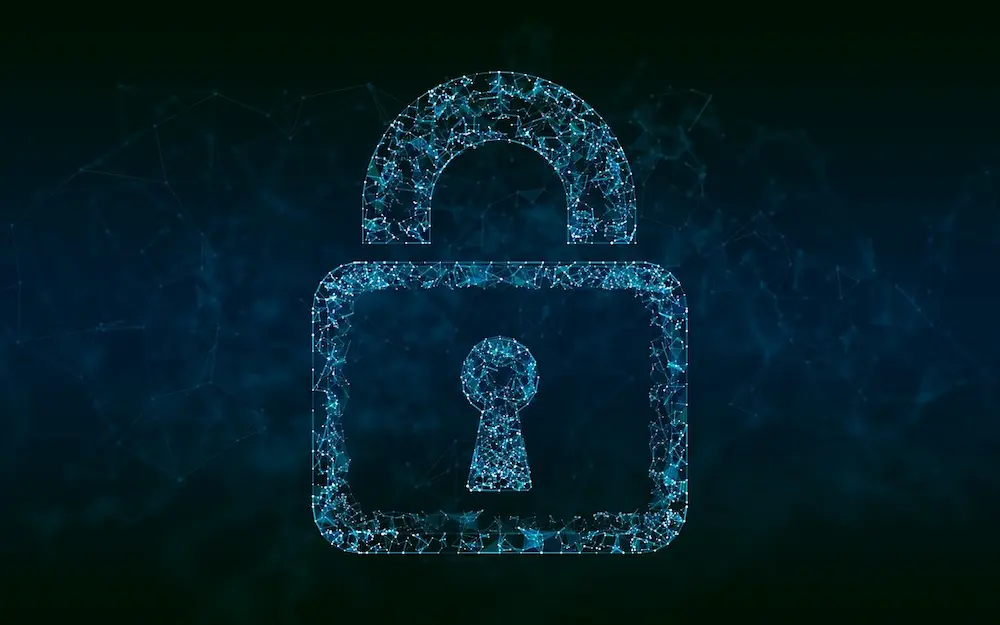In today’s digital age, businesses are heavily reliant on technology to operate efficiently and effectively. With the rise of data breaches, cyber-attacks, and other malicious activities targeting organizations of all sizes, cybersecurity has become a crucial aspect for businesses to consider. The protection of sensitive information, financial assets, and company reputation is at stake when it comes to cybersecurity. In this rapidly evolving landscape, businesses need to prioritize cybersecurity as a key consideration in their operations. In this article, we will discuss the importance of cybersecurity for businesses and provide key considerations for organizations to ensure their information and assets are protected from cyber threats.
The Evolving Threat Landscape
As technology continues to advance, so do the methods and tactics of cybercriminals. This makes it more challenging for businesses to keep up with the evolving threat landscape. Cybersecurity threats are constantly changing, making it crucial for organizations to stay informed and updated on the latest security measures and solutions. You can always stay up to date on the latest in cybersecurity by regularly monitoring industry news and updates. Stay ahead of the game to effectively protect your business from potential cyber-attacks.
Protecting Sensitive Information and Financial Assets
Businesses collect and store a vast amount of sensitive information, including personal customer data and financial records. This makes them prime targets for cybercriminals looking to steal valuable information or disrupt operations for financial gain. A successful cyber attack can result in severe consequences for a business, such as financial loss, damage to reputation, and legal repercussions. Protecting sensitive information and financial assets has become a top priority for businesses, making cybersecurity an essential consideration in their operations.
How Cyber Attacks Can Impact Company Reputation and Customer Trust
A cyber attack not only affects a company’s financial assets and operations, but it can also have a significant impact on its reputation and customer trust. Nowadays, news of a data breach or successful cyber attack spreads quickly, damaging the public image of the targeted business. This loss of trust and credibility can have long-lasting effects, causing customers to lose confidence in the company’s ability to protect their information. It can also lead to a loss of customers, ultimately impacting revenue and hindering business growth.

Key Considerations for Businesses to Prioritize Cybersecurity in Operations
To effectively protect against cyber threats, businesses must prioritize cybersecurity in their operations. This includes implementing strong security protocols and regularly updating them to stay ahead of the latest threats. It is also crucial for organizations to educate their employees on cybersecurity best practices and provide training on how to identify and respond to potential cyber-attacks. Regularly conducting risk assessments and penetration testing can help identify vulnerabilities in the system and address them before they are exploited by cybercriminals. Moreover, businesses should consider investing in cybersecurity insurance to mitigate the financial impact of a potential cyber attack.
Building Resilience
Having the ability to quickly detect and respond to cyber threats can minimize the impact of an attack and reduce downtime for the organization. Strategies for building resilience include having backups in place for critical data, implementing disaster recovery plans, and establishing communication protocols in case of a cyber incident. Furthermore, regularly testing these strategies through simulations or tabletop exercises can help identify any gaps and strengthen the organization’s overall cybersecurity posture.
Businesses also face legal obligations when it comes to cybersecurity. Depending on the industry and location of operations, there may be specific compliance regulations that organizations must adhere to to protect their customers’ data and maintain regulatory standards. For example, healthcare organizations must comply with HIPAA (Health Insurance Portability and Accountability Act) regulations, while financial institutions must adhere to PCI DSS (Payment Card Industry Data Security Standard) requirements. Navigating these compliance regulations can be complex and overwhelming for businesses, but it is vital to ensure legal obligations are met in cybersecurity. Failure to comply with these regulations can result in significant penalties and damage to the reputation of the organization. Therefore, businesses must stay informed about the applicable regulations and continuously monitor and update their cybersecurity measures to stay in compliance. It is also essential for organizations to have a designated individual or team responsible for managing compliance and staying up-to-date with any changes or updates to regulations.
Cybersecurity has become a critical consideration for businesses in today’s digital landscape. With the constantly evolving threat landscape and potential consequences of a successful cyber attack, organizations must prioritize cybersecurity measures to protect their sensitive information, financial assets, and overall reputation. Investing in cybersecurity is an investment in the longevity and success of a business in today’s technology-driven world.








